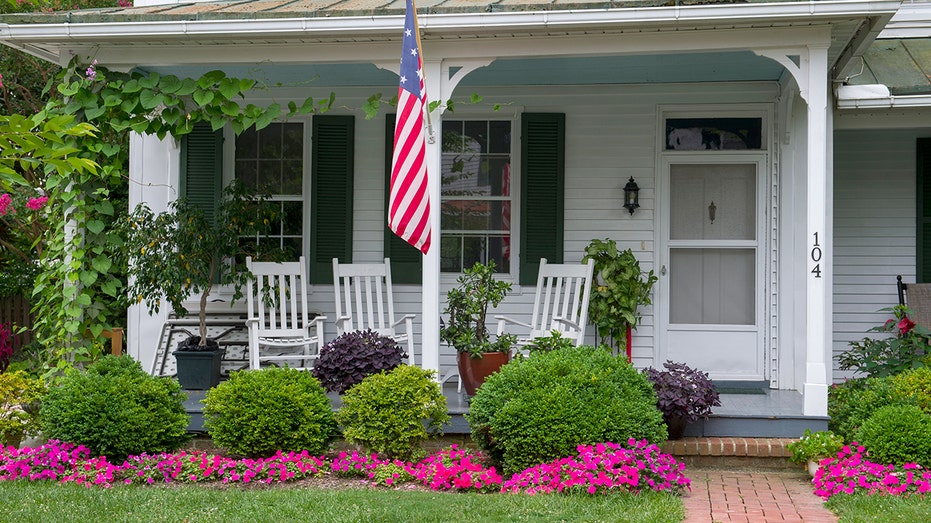A recent Wall Street Journal-NORC poll of adults in the U.S. revealed widespread sour economic sentiments, with just 31% indicating that they think the American dream — that a person can get ahead by working hard — remains true.
A whopping 46% indicated that they believed it previously held true but no longer does, while 23% indicated that the idea of the American dream never held true. The nearly 70% of individuals taking those views marks the greatest level in nearly 15 years of polls, according to the Journal.
The survey of adults conducted between July 10-23, 2025 has an “overall margin of sampling error is +/- 3.39 percentage points at the 95 percent confidence level, including the design effect,” the study methodology section of the survey notes.
NEW NGA CHAIR SAYS AMERICA IS ‘EXCEPTIONAL’ IN PUSH TO REVIVE A FADING DREAM
Many people are concerned about the cost of groceries, with 28% extremely concerned about food prices, 28% very concerned, and 30% somewhat concerned, while just 10% were not very concerned and just 4% had no concern about the issue.
While 66% in the survey indicated that they have shifted to cheaper products to cut grocery store costs in the last year, just 33% indicated that they have not done so.
I’M GEN Z AND MANY IN MY GENERATION LOST FAITH IN THE AMERICAN DREAM. PROVE THEM WRONG
Only a quarter of those surveyed agreed that people like them and their family have a good shot of increasing their standard of living — just 6% strongly agreed, while 19% somewhat agreed, 23% strongly disagreed and 19% somewhat disagreed, and 32% did not agree or disagree. The 25% statistic of those indicating they have a good chance of bettering their living standard marked a record low for polls dating to 1987, the Journal reported.
A large majority of those surveyed indicated that, in comparison to their parents’ generation, it has become more difficult to purchase a home.
TRUMP ADMINISTRATION TOUTS LOW LABOR DAY GAS PRICES, RISING WAGES FOR WORKERS
While 58% indicated that it is now much harder to buy a home, 23% felt that it is a little more difficult, 2% thought it is much easier, 5% felt it is a bit easier, and 11% did not see any difference in home-buying difficulty.


